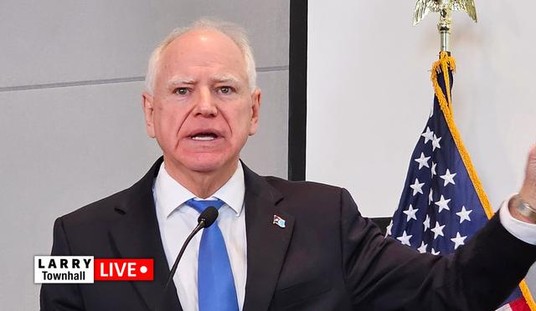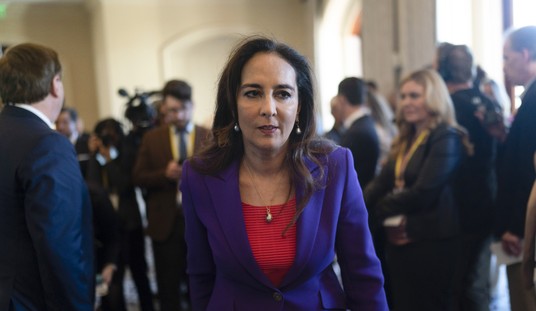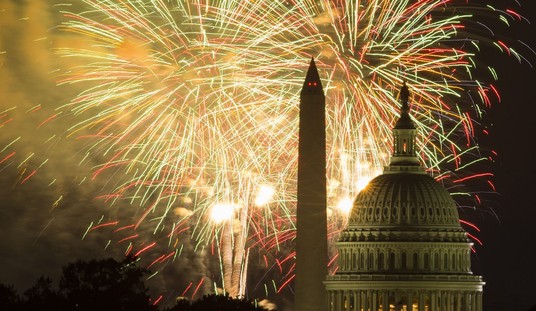Internet gambling has been a contentious issue ever since there has been an internet. Recently, the Coalition for Consumer and Online Protection leaned into it full tilt, with an ad buy of about $250,000 in print and online ads against a federal ban on online gambling.
Currently, sports gambling online is prohibited, but the legality of gambling on games of chance over the internet has been through many stages of legality and illegality over the years. In 2010, New Jersey legalized online gaming within the state.
Last year, billionaire and Las Vegas Sands casino owner Sheldon Adelson pledged to lobby Congress to ban internet gambling, calling it bad for society and suggesting, probably correctly, that not banning it would damage the traditional brick and mortar casino model. Adelson formed the Coalition to Stop Internet Gambling in January of this year and has made some headway in the effort.
That coalition released a statement that read in part ““The proponents of Internet gambling are selling a business model that will lead to spiraling debt and job losses for the middle class to deliver profits to giants like MGM and Caesars”.
Wynn Interactive currently leads the internet gambling market in New Jersey. However, owner Steve Wynn has recently publicly opposed legalization and regulation of the practice. Although Wynn has not publicly allied himself with Adelson officially, the two are perceived as pursuing the same agenda by proponents of legalization. Wynn, speaking to Jon Ralson of RastonReports.com, said:
“This is not a good entrepreneurial opportunity. Where is the business opportunity? The big problem I see is I don’t see the government letting us keep the money.”
The pro gambling groups argue that internet gaming simply cannot be stopped. Former California Representative Mary Bono, working with the Coalition for Consumer and Online Protection, said “I try to compare it to the similarities we witnessed the film and television and music industries go through. I think the lessons we’ve learned now is it’s impossible to stand in the way of the Internet and it’s best to embrace it and try to shape it.”
One concern with banning it federally is that it will just leave the practice in a virtual badlands, where the sites operate with little or no oversight, that pander to minors, or that can be used to enhance criminal activity, including terrorism, all concerns traditionally cited by groups in favor of the ban.
Most of the gaming industry opposes a federal ban, and a quick perusal of gaming blogs, news, and opinion websites show the degree of animosity, with Adelson often simply being referred to as “the Enemy.”
That internet gaming will continue is of little doubt. The debate between these two opposing coalitions therefore boils down to whether or not the government is going to step in, criminalize it, and attempt to enforce a ban, or whether instead it will step in, monitor and monetize it, and attempt to enforce oversight. If the lobbying wars on the issue to date are any indication, no resolution will soon be reached.
One point in favor of those who hope to prevent a ban: a recent North Star Opinion Research poll commmissioned by the Coalition for Consumer and Online Protection found 33 percent of voters “strongly” oppose a ban, with only 22 percent “strongly” supporting it. Fully 74 percent preferred to leave it to the states.
Soure: Politico.













Join the conversation as a VIP Member